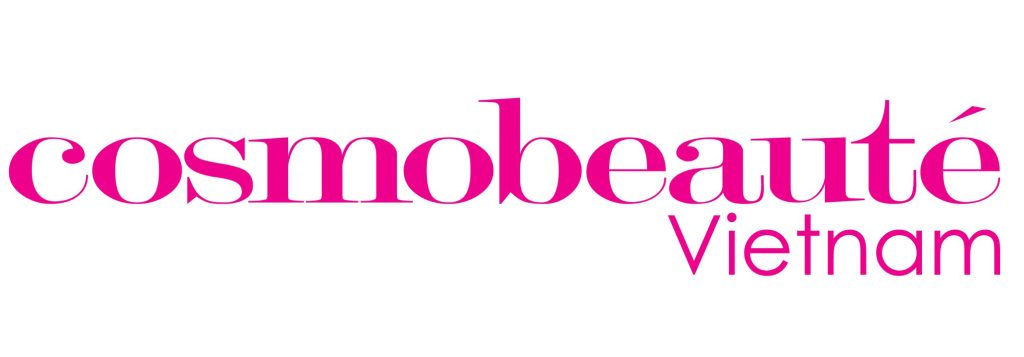Kantar launches report “Trends impacting FMCG market in Vietnam in 2023”. The report provides a quick overview of several hot topics such as rising prices, the impact of shoppertainment, healthy and sustainable lifestyles and consumption, and key topics. other important topics.
Online channel growth slows down
The past two years have been difficult for the FMCG market in Vietnam as consumption volume slowed down after the pandemic and market value grew mainly due to average price increases.
As of the fourth quarter of 2022, the growth rate of the online channel is slowing down compared to the same period in 2021 but is still in double-digit growth, along with mini supermarkets and specialized stores. The value of modern and traditional shopping channels (especially markets) is showing strong signs of recovery compared to last year.
Economic depression
Economists predict that the global economy will continue to decline in 2023 before recovering in 2024. In Vietnam, GDP will grow by 8% in 2022, the highest in Asia to date, and exceed the government’s annual target. Although inflation rates are kept at a lower level than in Southeast Asia and the world, inflation is forecast to continue to increase in 2023. Accordingly, consumer prices will continue to increase, with inflation expected is expected to reach 5% in early 2023, which is a big challenge for the Vietnamese government.
Rising prices have made consumers more worried about jobs and incomes, amid mass layoffs that began in the fourth quarter of 2022. This leads to consumers tightening their spending and thinking more carefully when shopping.
How can brands/retailers respond? Kantar points out two things brands and retailers should keep in mind. One is understanding how consumers react to price changes differently across industries. The second is to strike a balance between raising prices and building brands, and at the same time, offset the increased prices with product quality and messages that are relevant to consumer psychology..
Social commerce is the growth engine of online shopping
Online shopping including e-Commerce and Social commerce continued to grow in double digits thanks to increased shopping frequency and spending per purchase compared to 2021.
The Personal Care and Home Care industries continue to lead the online channel. Besides, non-alcoholic beverages rose to become the top fast-growing FMCG category this year.
Kantar also points out the emerging trends that drive growth for the Online channel as follows.
The first is shopping combined with entertainment. Kantar said that the value of shopping and entertainment in Vietnam is expected to contribute more than 30% of the e-Commerce market value by 2025.
Among them is the integrated TikTok social network with a shopping function to help consumers approach new brands/small brands more easily. TikTok Shop has dominated the market rapidly since its launch in early 2022. Within 1 year, TikTok Shop surpassed e-commerce giants such as Tiki, and Sendo and became the top 3 online channels with sales. the largest revenue in Vietnam at the end of 2022.
The next trend is virtual reality experiences that have upgraded the online shopping experience. With a smartphone with a camera or uploading images, consumers can see what a makeup product looks like on their faces before buying.
Finally, there is the Online-to-Offline (O2O) trend. In the context of going back to the pre-COVID-19 era, the O2O strategy is an important strategy to build a seamless shopping experience across touchpoints and increase conversion rates.
Wellness – Live a happy and healthy
The pandemic has created an impetus for consumers to seek out F&B products with nutritional benefits or healthy food/drink alternatives (healthier, reduced-fat diets, sugar-free products). According to the Lifestyle Survey 2021-2022 in urban 4 major cities (from November 2022 to December 2022) Kantar, 85% said they are willing to pay higher prices for healthier products. 3% increase compared to 2021). Up to 87% said “I read the information on product packaging to avoid buying unhealthy foods” (up 6% compared to 2021). And about 73% preferred products added with medicinal herbs such as vitamins, ginseng, calcium… (up 5% compared to 2021).
The trend to pursue a happy and healthy lifestyle is also reflected in the drinking occasion of consumers. Specifically, in 4 drinking occasions, there will be 1 occasion to drink for health. Drinks with different health benefits are becoming more and more popular, especially among Millennials, showing that health concerns exist at all ages.
Sustainable living journey
What do Vietnamese people think about sustainable living? After the pandemic, the topic of sustainable living received more attention. More than half of consumers are aware of their environmental impact and work to reduce it. Consumers are willing to take action if brands are not responsible for protecting the environment.
However, the survey shows that there is still a gap between awareness and action in green consumption. Many people find it difficult to change their behavior of using plastic products and think that environmentally friendly products are often expensive and difficult to find.
Kantar believes that pioneering needs to come from the brand/NSX to help consumers bridge the gap between desire and action: (1) Step-by-step innovation to make environmentally sustainable products more accessible to consumers. affordability; and (2) cooperate with government agencies to improve waste treatment systems and promote specific consumption/procurement actions to reduce environmental impact.
To summarize, there are 5 things that Kantar thinks FMCG businesses are close to paying attention to identify growth opportunities in 2023:
- FMCG growth in 2022 is mainly driven by price increases. In the context of the global economy, Vietnam’s FMCG market is likely to face many difficulties in 2023.
- As inflation continues, brands need to understand how consumers respond and strike a balance between inflation, price increases, and branding.
- Social commerce is the growth driver of online shopping. The gap between online and offline shopping experiences will be blurred thanks to innovative technology.
- Health is gradually becoming an essential factor when consumers choose FMCG products and market segmentation is being formed by researching the right people and the right time to consume.
- This is the time when FMCG brands, manufacturers, and retailers need to pioneer change and join hands to help consumers turn environmental awareness into action




